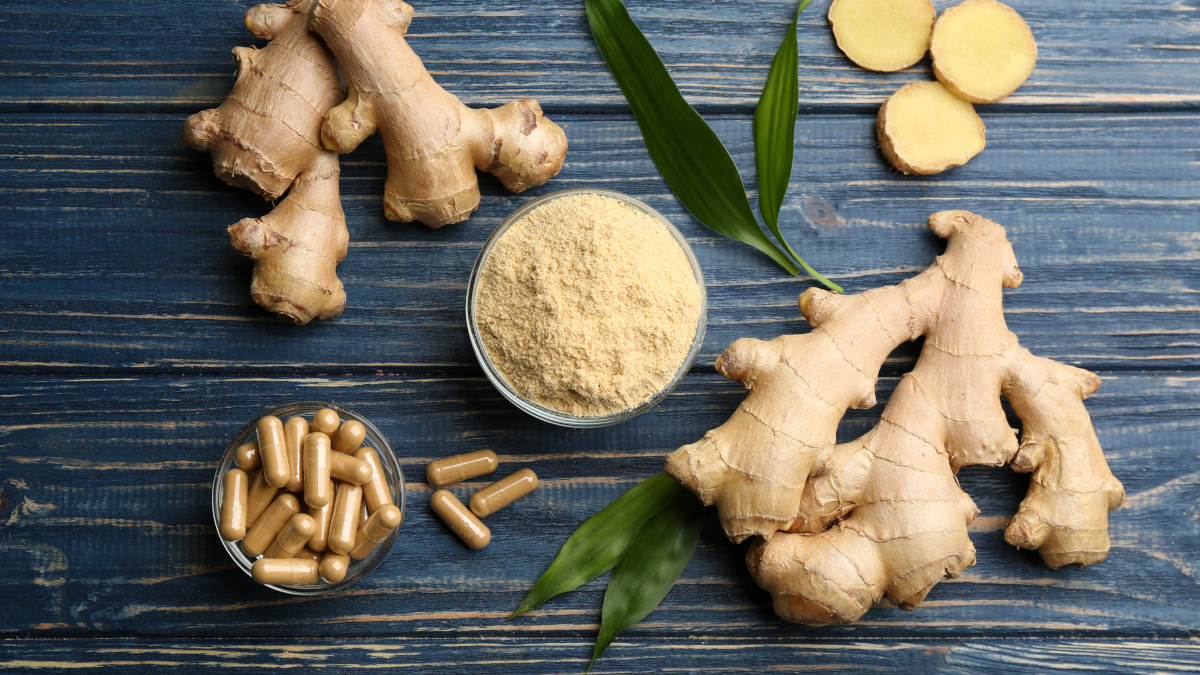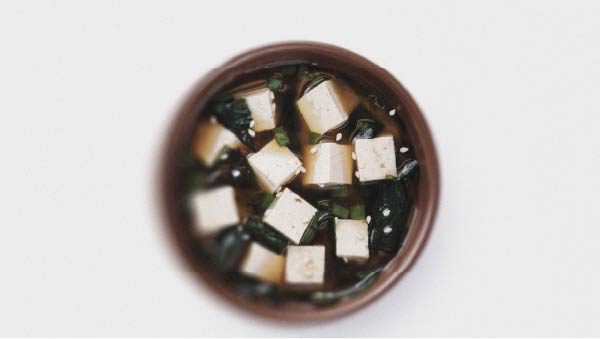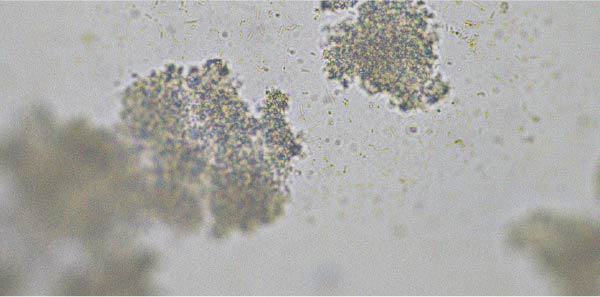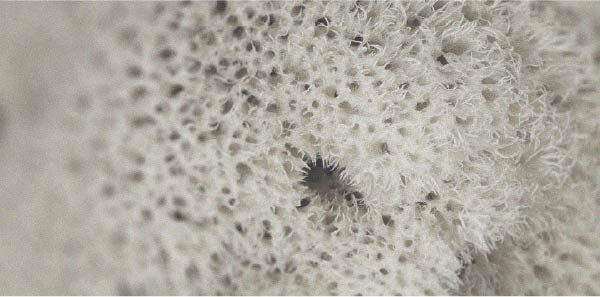Why take a ginger supplement?
A key ingredient in Asian cooking, ginger has also been used in traditional Chinese medicine for thousands of years. What are its benefits? How should you use it? Read on to find the answers to these and other questions.

What exactly is ginger?
Ginger (Zingiber officinale) is a tropical perennial primarily cultivated in its native India, as well as in China.
It is normally the rhizomes that are used. These are the plant’s underground roots which have a distinctive fragrance and spicy flavor.
Ginger is a spice used in many recipes across the globe. It is found in drinks such as ginger ale, in curries, and in cakes, as well as in the famous gingerbread.
A medicinal root prized by many cultures
Ginger has long been used in Chinese medicine, particularly for its direct action on certain meridians.
It is also regarded as a ‘universal medicine’ in Ayurveda (India’s traditional system of medicine).
The Kama Sutra, the 6th century Indian text which describes various sexual practices, contains many references to ginger’s specific properties. In the same vein, the Comtesse du Barry (the mistress of Louis XV) was known to have given ginger to her lovers. We’ll return to ginger’s health benefits a little later.
Composition of Zingiber officinale: what exactly is in ginger?
Ginger contains 60% starch, protein, fats, polysaccharides, essential oils and resin (1).
Its spicy taste, which produces a hot feeling in the mouth, comes from the root’s phenols: gingerol, zingerone, paradol and shogaol.
As the most biologically active of these phenols, gingerol is primarily responsible for ginger’s beneficial effects(2).
Health benefits of ginger
Widely recommended by naturopaths, ginger helps to:
- maintain the immune system(3) ;
- support healthy digestion(4) ;
- maintain a healthy heart (5) and lungs (6) ;
- regulate metabolism (7) ;
- support energy and vitality (8) ;
- and promote well-being when travelling(9).
In addition, ginger contains antioxidants (10), the molecules that reduce the activity of the infamous free radicals which cause premature aging of our cells.
How should you consume ginger?
Ginger can be consumed in a number of ways:
- fresh. If you like its distinctive taste, grate 1-2cm of ginger root and add to your cooked dishes and salads;
- in a tea (either hot or iced depending on the season). Grate 5g of ginger and allow to infuse for 10 minutes in a cup of water. You can add a little honey to sweeten its spicy taste, and drink 2-4 cups a day;
- in powder form, also for mixing with a drink;
- pickled (this is invariably served as an accompaniment to raw fish dishes in Japan) ;
- preserved, to either enjoy as a sweet or to add to desserts, etc.
Ginger supplements: what are the benefits? Which should you choose?
There are many reasons why ginger supplements are popular:
- some people don’t like the taste of ginger
- or the burning tongue sensation it produces;
- or simply want to significantly increase their intake of gingerol, the main active ingredient in ginger, for medicinal purposes.
Indeed, you can take a ginger supplement to naturally support your digestion, immune system, respiratory tract, cardiac health and vitality.
When buying a ginger supplement, make sure it has a high gingerol content (such as the product Super Gingerols, standardized to 20% gingerols), offering guaranteed efficacy.
Synergistic formulations: the best supplements with a high ginger content
You’ll also find ginger alongside other ingredients in synergistic formulations:
- because of its benefits for respiratory health, ginger is often combined with Terminalia and Piper (for example in Aller-7®) ;
- it’s also available, with other plant extracts, in certain natural alkaline formulations(such as Alkaline Formula);
- and last but not least, ginger features in Ayurvedic potions (such as Adaptogenic Potion, which contains no less than 10 key plants and mushrooms including ginger, holy basil and reishi.)
References
- Bruneton, J., Pharmacognosie - Phytochimie, plantes médicinales, éd., revue et augmentée, Paris, Tec & Doc - Éditions médicales internationales, , 1288
- Mao QQ, Xu XY, Cao SY, et al. Bioactive Compounds and Bioactivities of Ginger (Zingiber officinale Roscoe). Foods. 2019;8(6):185. Published 2019 May 30. doi:10.3390/foods8060185
- Sultan MT, Butt MS, Qayyum MM, Suleria HA. Immunity: plants as effective mediators. Crit Rev Food Sci Nutr. 2014;54(10):1298-308. doi: 10.1080/10408398.2011.633249. PMID: 24564587.
- Anh NH, Kim SJ, Long NP, et al. Ginger on Human Health: A Comprehensive Systematic Review of 109 Randomized Controlled Trials. Nutrients. 2020;12(1):157. Published 2020 Jan 6. doi:10.3390/nu12010157
- Bode AM, Dong Z. The Amazing and Mighty Ginger. In: Benzie IFF, Wachtel-Galor S, editors. Herbal Medicine: Biomolecular and Clinical Aspects. 2nd edition. Boca Raton (FL): CRC Press/Taylor & Francis; 2011. Chapter 7.
- Mao QQ, Xu XY, Cao SY, et al. Bioactive Compounds and Bioactivities of Ginger (Zingiber officinale Roscoe). Foods. 2019;8(6):185. Published 2019 May 30. doi:10.3390/foods8060185
- Wang J, Li D, Wang P, Hu X, Chen F. Ginger prevents obesity through regulation of energy metabolism and activation of browning in high-fat diet-induced obese mice. J Nutr Biochem. 2019 Aug;70:105-115. doi: 10.1016/j.jnutbio.2019.05.001. Epub 2019 May 21. PMID: 31200315.
- Mashhadi NS, Ghiasvand R, Askari G, Hariri M, Darvishi L, Mofid MR. Anti-oxidative and anti-inflammatory effects of ginger in health and physical activity: review of current evidence. Int J Prev Med. 2013;4(Suppl 1):S36-S42.
- Bode AM, Dong Z. The Amazing and Mighty Ginger. In: Benzie IFF, Wachtel-Galor S, editors. Herbal Medicine: Biomolecular and Clinical Aspects. 2nd edition. Boca Raton (FL): CRC Press/Taylor & Francis; 2011. Chapter 7.
- Mashhadi NS, Ghiasvand R, Askari G, Hariri M, Darvishi L, Mofid MR. Anti-oxidative and anti-inflammatory effects of ginger in health and physical activity: review of current evidence. Int J Prev Med. 2013;4(Suppl 1):S36-S42.
1 Days
repeat customer
recommended by my doctor. easy to create an account. Discounts and specials are appreciated. packaging and delivery is dependable. Capsules easy to digest. I've had some some capsules and tablets that are broken inside their bottles.
Kokee
6 Days
Order was shipped on time and packaged…Wonderful Jobs!
Order was shipped on time and packaged excellently.
DMHoge
12 Days
great products and prices
great products and prices
Marie
18 Days
Easy to navigate site
Easy to navigate site, had what I was searching for, good price. easy order-check out
James Tucker
24 Days
My skin is clearing up nicely!
Pretty good for my skin so far.
Christian
26 Days
The new packaging is excellent
The new packaging is excellent - finally! No more squashed boxes and torn envelopes.
GORAN
27 Days
Great Product
Great Product
Larry Garrett
32 Days
Quick shipping
Quick shipping; good price. No issues!
Mary McCarty
33 Days
Thr product is very good and is helping…
Thr product is very good and is helping me on my health. Then is always on time
LUGO Luz
35 Days
Buying was fine
Buying was fine. I had problems with the website not recognizing my login info, and had to call to get it fixed. Other than that, everything was good.
David S. Clark
36 Days
Your super maca and super ginseng are…phenomenal
Your super maca and super ginseng are phenomenal supplements that compliment each other when taking them together. Fantastic feeling of well-being and lots of mid day energy without the crash.
Keith Mason
38 Days
I have had amazing results with every…
I have had amazing results with every supplement I've purchased. I am extremely satisfied with this company
kirstin Torres
39 Days
Fine products
Fine products . They are on the leading edge of online supplements. The only issue -so far-is they sometime run out of subscription items.
Jason Argos
41 Days
The ordering process is very user…
The ordering process is very user friendly and the products always come in a timely manner.
CARTER Rhonda
42 Days
The price for Dr
The price for Dr. Pero's AC-11 is reasonable and in line with his views. (my former colleague). Keep it pure.
CAMPBELL Clayton




